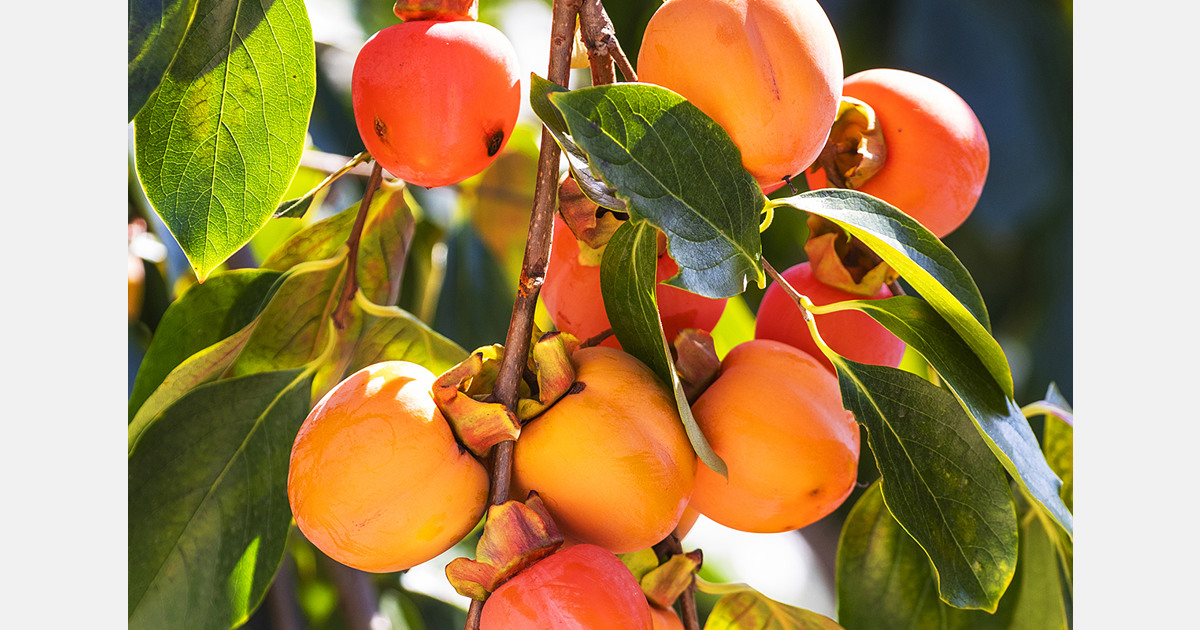
Spanish fresh fruit and vegetable exports to China in the first eight months of 2025 have decreased by 63% in volume and value compared to the same period in 2024, totaling 1,380 tons and 2.3 million euros, representing 0.02% of total exports. Over the past five years, shipments have declined by 58%.
The decline in Spanish exports of fresh fruit and vegetables to China continued in 2025, following the downward trend from earlier years. In 2024, exports amounted to 3,870 tons, reflecting a 9% decline from 2023, which was already 17% lower than 2022, according to data from the Customs and Excise Department analyzed by Fepex.
Over the past five years, from 2020 to 2024, fruit and vegetable shipments to China dropped from 9,427 to 3,870 tons, a 58% decrease. This decline is mainly due to the 57% drop in orange exports, the top product shipped to the People’s Republic, which fell from 8,469 tons in 2020 to 3,639 tons in 2024.
Oranges are followed by plums and mandarins as the best-selling products in this category in China. However, their sales have also declined. Plum shipments dropped from 279 tons in 2020 to 185 tons in 2024, a 34% decrease, and mandarin shipments fell from 340 tons in 2020 to 22 tons in 2024, a 93% decrease.
Persimmon, which the country began exporting to China in 2023 after the necessary protocol was approved, has also seen a drop in shipments, from 48 tons in 2023 to 16 tons in 2024.
Grapes, which also have an export protocol, were exported only in 2020 and 2021, with 44 and 43 tons respectively.
Fepex highlights that fruit and vegetable exports to China illustrate the challenges Spanish and EU producers face in accessing and establishing sales in non-European markets. This is mainly due to protectionist policies. For China, each Member State must negotiate directly with the country to create a phytosanitary agreement for export. These protocols can take years to finalize and are negotiated individually for each product, since China does not permit multiple products to be covered by a single agreement.
Spain currently has export protocols in place for citrus fruits, stone fruits (such as peaches, plums, and nectarines), grapes, persimmons, and almonds. In April 2025, an agreement to export Spanish cherries was signed and finalized in August, so exports are expected to start in the next season.
For more information: www.fepex.es
Source: The Plantations International Agroforestry Group of Companies
